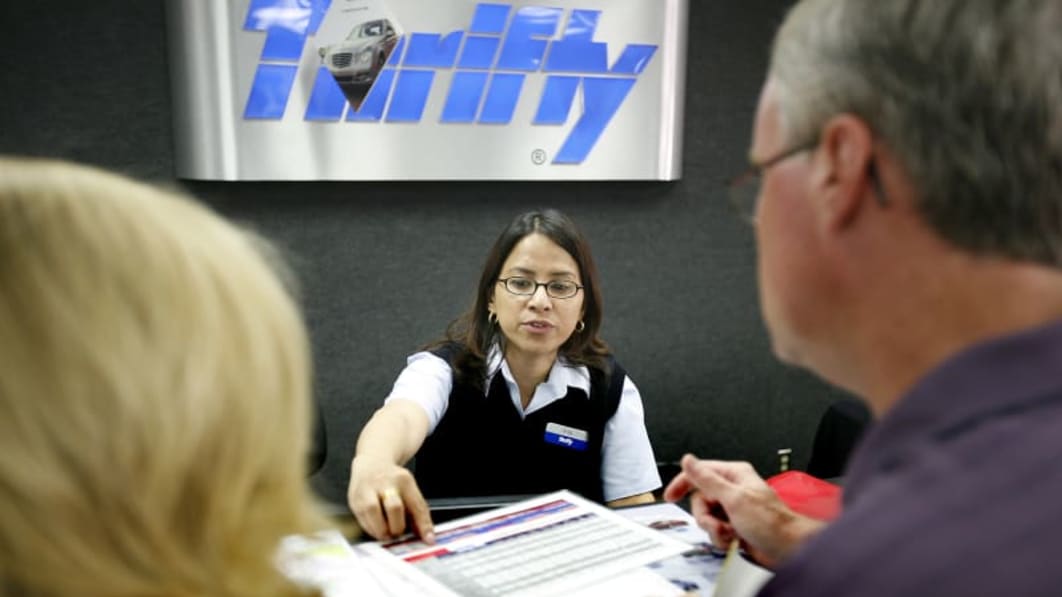If you've been driving for more than a few years, you probably have at least a reasonable grasp of what your regular auto insurance covers. That policy covers you at home in the United States and in Canada, but it's different when you're traveling abroad. Your regular policy doesn't apply there, and instead you're protected by the coverage you choose for your rental. Whether you opt for the rental agency's own tick-the-box coverage or purchase a third-party plan, the types of coverage you'll receive will have broad similarities.
Personal liability
This is the portion of the coverage that protects you against any damage you might cause to people or property outside your vehicle. If you're in an at-fault accident, for example, and injure someone or damage their car, this is what pays the bills. If at all possible, find out in advance how much liability is included with your rental (or better yet, get a copy of the contract sent to you so you can look it over at home). If you feel the liability amount is too low, you can add more by purchasing a separate personal liability policy called an "umbrella" policy from your current broker.
The CDW
The heart of your travel coverage is what's called the "collision damage waiver," or CDW for short. This protects you against anything that happens to the rental car itself, or to you while you're inside it. If you crash your car, or if you're injured while driving in it, it's the limitations of the CDW that determine how much extra - if anything - you'll need to pay. For example, some cover theft or "loss of use" (the financial loss to the rental agency while your car is out of commission) and others don't. The policy's deductibles can often be high, as well. If you feel that the policy's limitations or deductibles leave you more exposed than you'd like, you can purchase CDW through third-party insurers. As with any other insurance purchase, you're free to shop for a policy that provides a combination of price and features that meets your comfort level.
Supplemental coverage
Whether you opt for the rental agency's CDW or a third-party plan, you do have one additional source of travel coverage. That's through the credit card you've used to rent the vehicle, and it can provide a significant extra level of protection. You'll still need to file a claim through your CDW first, because the credit card's coverage is what's called supplemental, or "second-pay," coverage. It addresses the gaps in your CDW, such as the deductibles or additional service charges the rental agency may levy. You'll need to pay them at the time, but then your credit card carrier will reimburse you after you file a claim. The exact coverage will vary between companies ? and even between cards with the same company ? so take some time to speak with a customer service rep before you leave home.
A quick disclaimer
The information contained in this article is intended to give a quick overview of the coverage you can expect while you're abroad. It's not intended to be a substitute for thoroughly reading and understanding the actual coverage you purchase, which may vary sharply from the examples given here.

